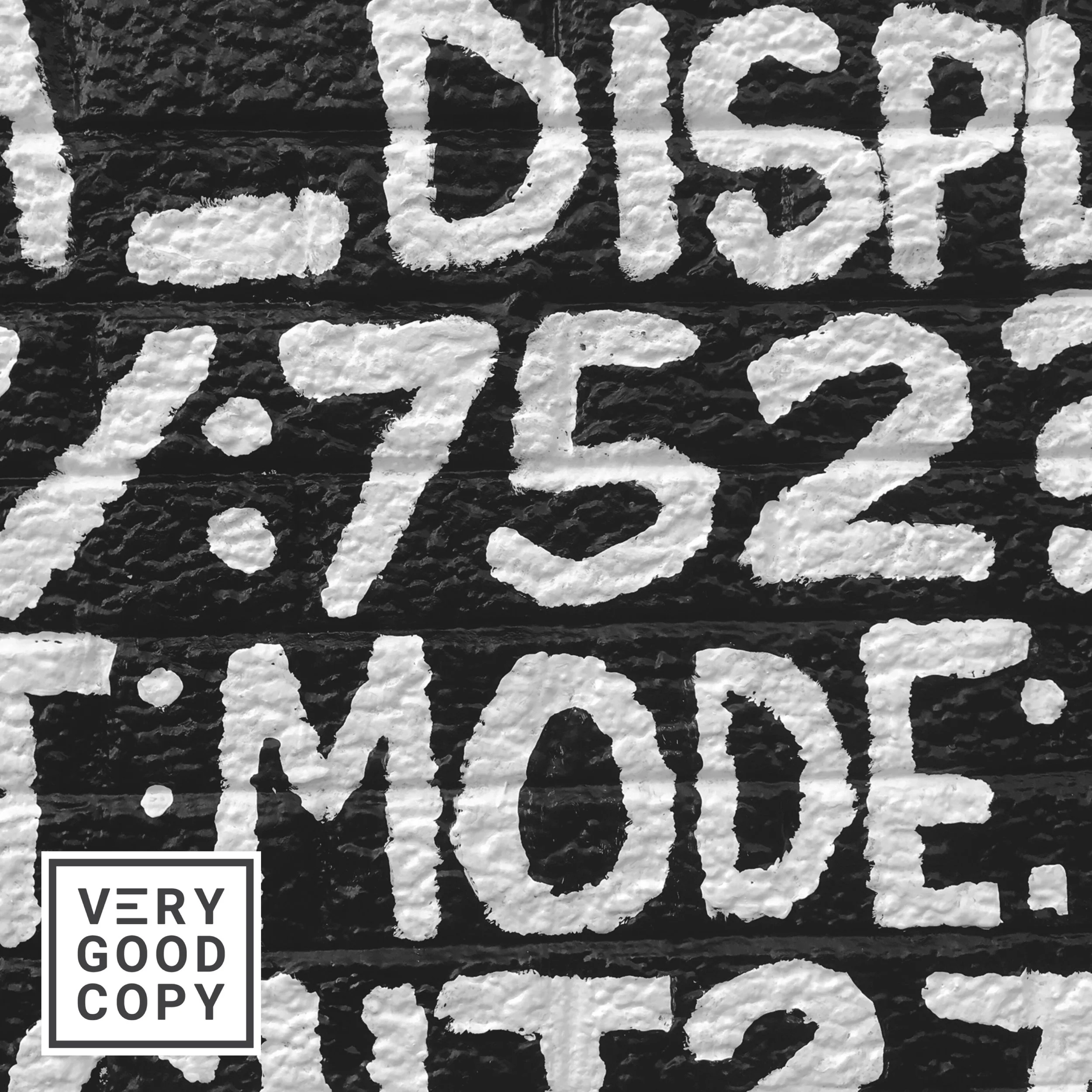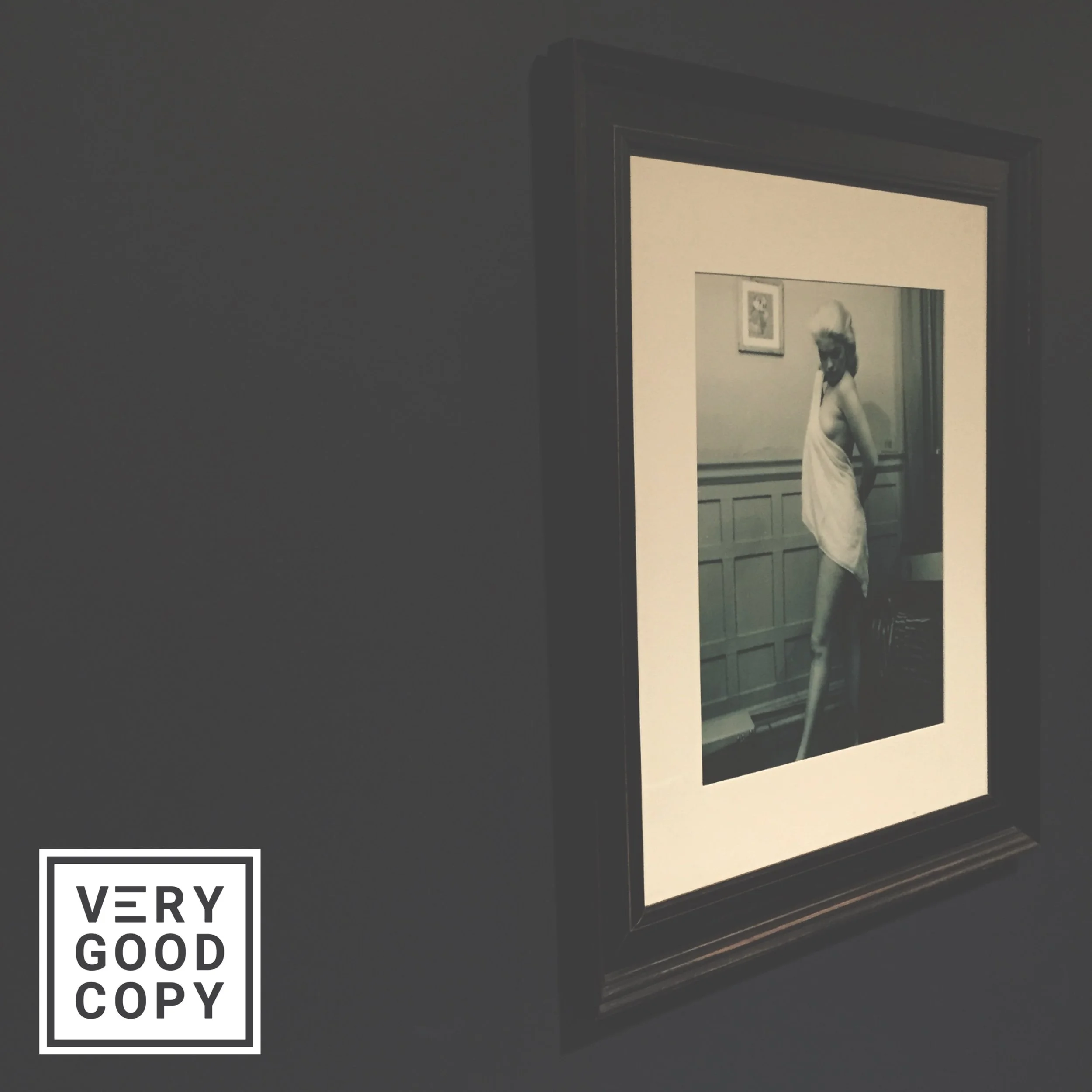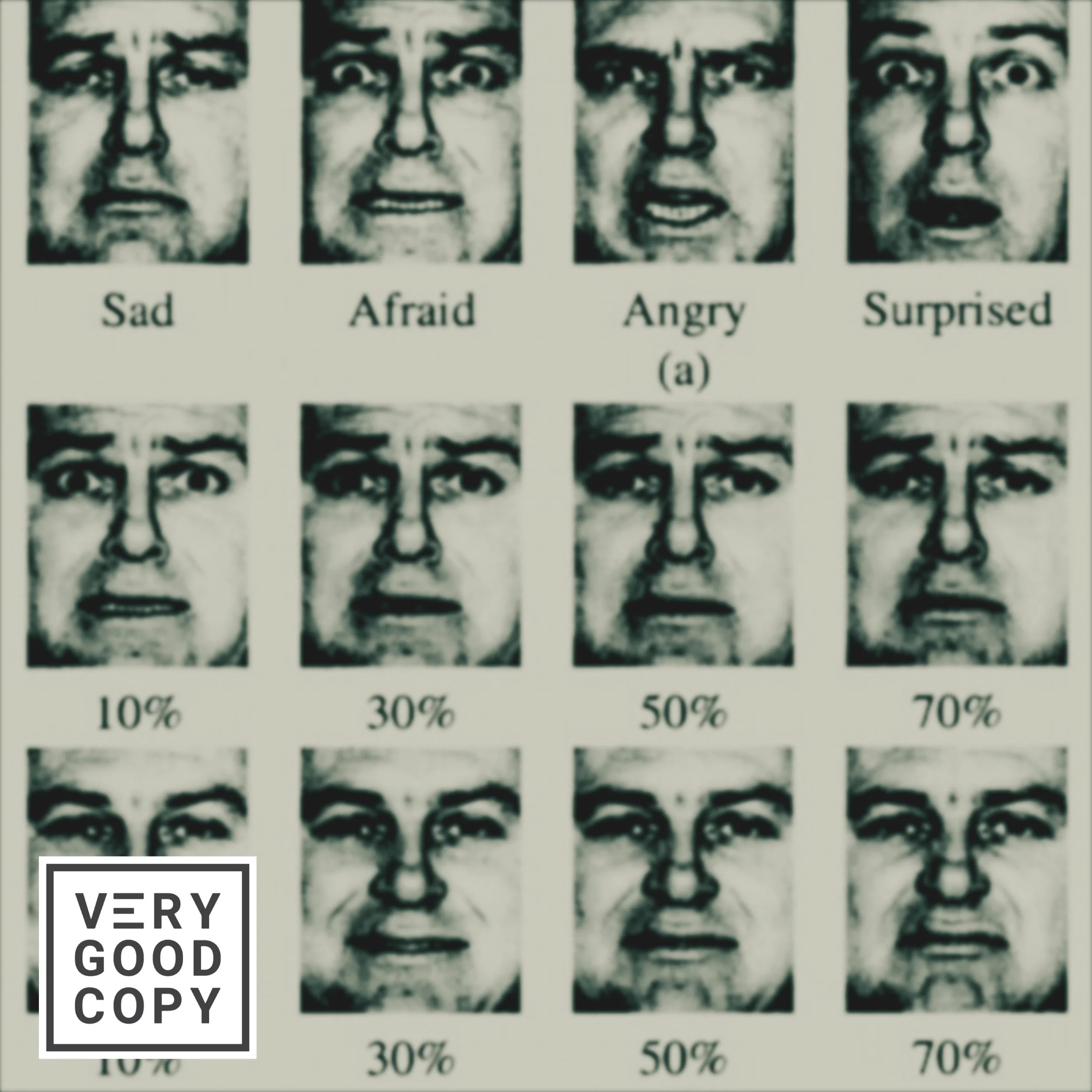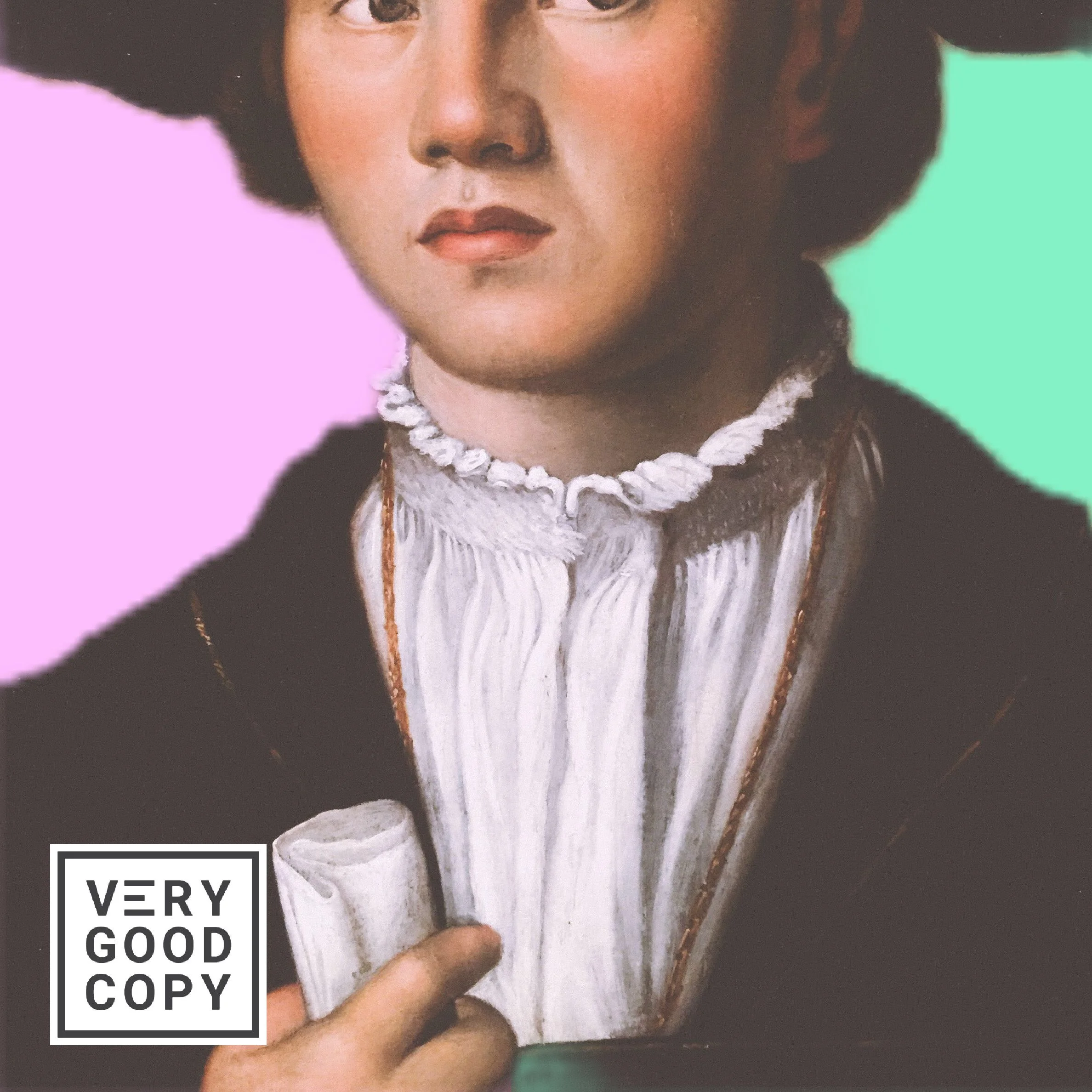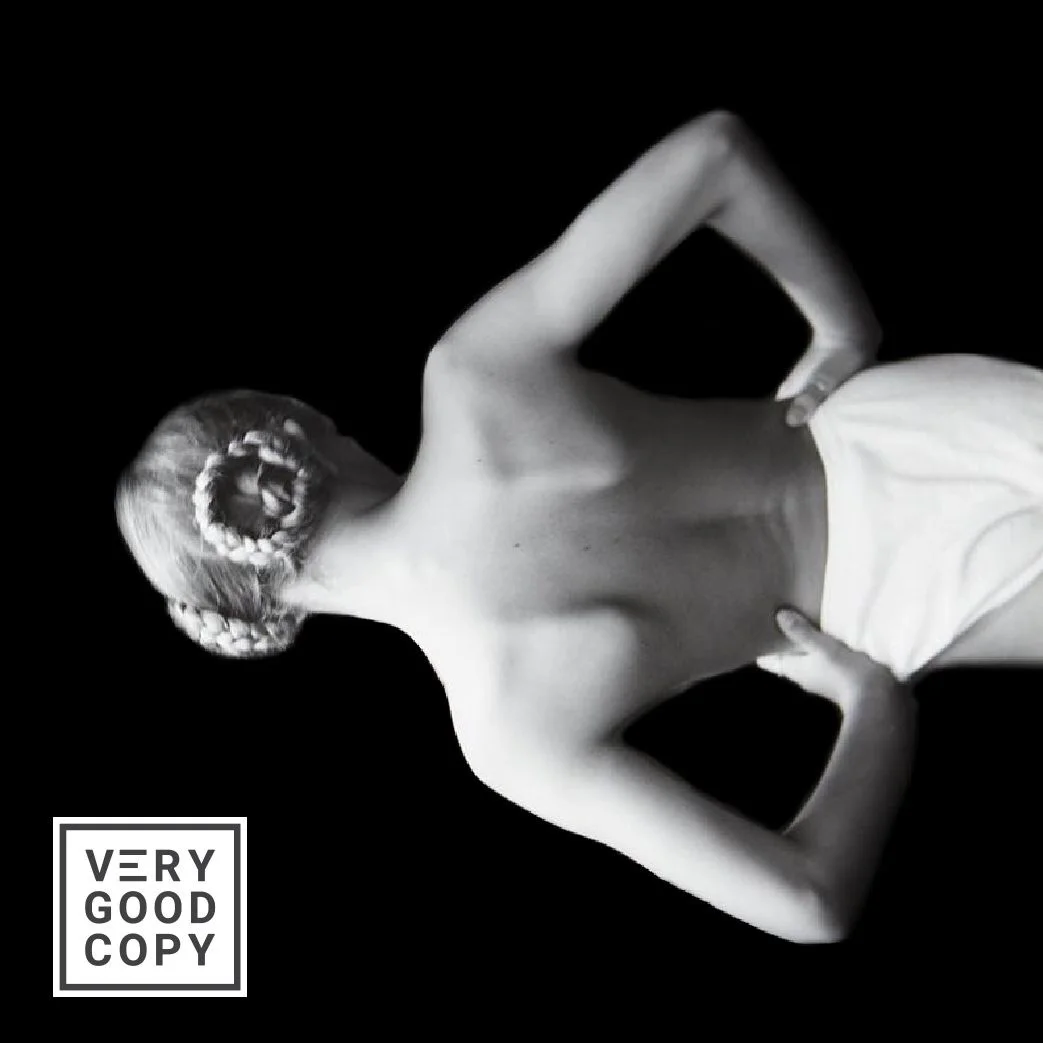![VeryGoodCopy [Logo] DARK.png](https://images.squarespace-cdn.com/content/v1/5615edeae4b0b9df5c3d6e90/1529465651968-KW66GIGFHU6O6NMA8ZXR/VeryGoodCopy+%5BLogo%5D+DARK.png)
In college, I took a class dedicated to the study of just one book:
Ulysses, the modern masterpiece by James Joyce.
![If you write copy, don't write like James Joyce [VGC art].JPG](https://images.squarespace-cdn.com/content/v1/5615edeae4b0b9df5c3d6e90/1529466613230-N2VA04CJ00TUVKRUOW3W/If+you+write+copy%2C+don%27t+write+like+James+Joyce+%5BVGC+art%5D.JPG)
The class was very hard because Ulysses, for a couple reasons, is a very hard book to read.
First of all, each chapter is written in a completely different style. One chapter is a play. Another uses literary devices — like onomatopoeia, alliteration, and repetition — to imitate a symphony. And the last chapter is a nearly-complete stream of consciousness: thousands upon thousands of words punctuated by eight periods, and nothing else.
Besides being written in a range of styles, Ulysses is also utterly saturated with obscure references, allusions, and innuendos.
“I’ve put in so many enigmas and puzzles,” Joyce once said about the book, “that it will keep the professors busy for centuries arguing over what I meant.”
![VeryGoodCopy [Logo] DARK.png](https://images.squarespace-cdn.com/content/v1/5615edeae4b0b9df5c3d6e90/1529467106656-B5MS9LGY2Z5YQ3FF1Z8U/VeryGoodCopy+%5BLogo%5D+DARK.png)
Joyce, by his own admission, purposefully made his authorial intent unclear, cryptic.
In other words, he didn’t want readers to immediately understand his writing.
He wanted the reader to hypothesis about what he meant. He wanted her to think, to put the pieces together, one by one, slowly, meticulously, until she finally understood the reference, the chapter, the book itself.
And that sensation, ultimately, is what compels the reader through Ulysses. It’s that click, that epiphanic “aha” moment of clarity that’s so satisfying and addicting.
Of course, Joyce’s audience gave him the luxury to write this way. They welcomed the intellectual exercise, which brings me to my point:
If you write copy, you can’t write like James Joyce.
Your audience won't have it.
Joyce was a magisterial novelist, but he would’ve made a miserable copywriter.
The effectiveness of copy, after all, hinges on its clarity and brevity and relevance. Anything less than that is taking a risk. Because the moment a copywriter’s audience feels even a tinge of confusion or frustration, they’re liable to stop reading or listening or watching.
They won’t push through. They won’t go back and re-read, re-listen, or re-watch. Because if they did, then they would have to think — and people don't like to think.
It's too hard, too time-consuming, and they probably have more important things to think about than your ad message.
If you’re a student of copywriting, James Joyce is the last author you should be reading.
He could mix you up, the way he mixed me up.
Instead, read Kurt Vonnegut, Charles Bukowski, and Ernest Hemingway.
LEARN TO PERSUADE
![VeryGoodCopy [Logo] DARK.png](https://images.squarespace-cdn.com/content/v1/5615edeae4b0b9df5c3d6e90/1529466798106-VXPR4DXTPQJ4HM1R5OB5/VeryGoodCopy+%5BLogo%5D+DARK.png)
WRITE BETTER.
MARKET BETTER.
SELL MORE.
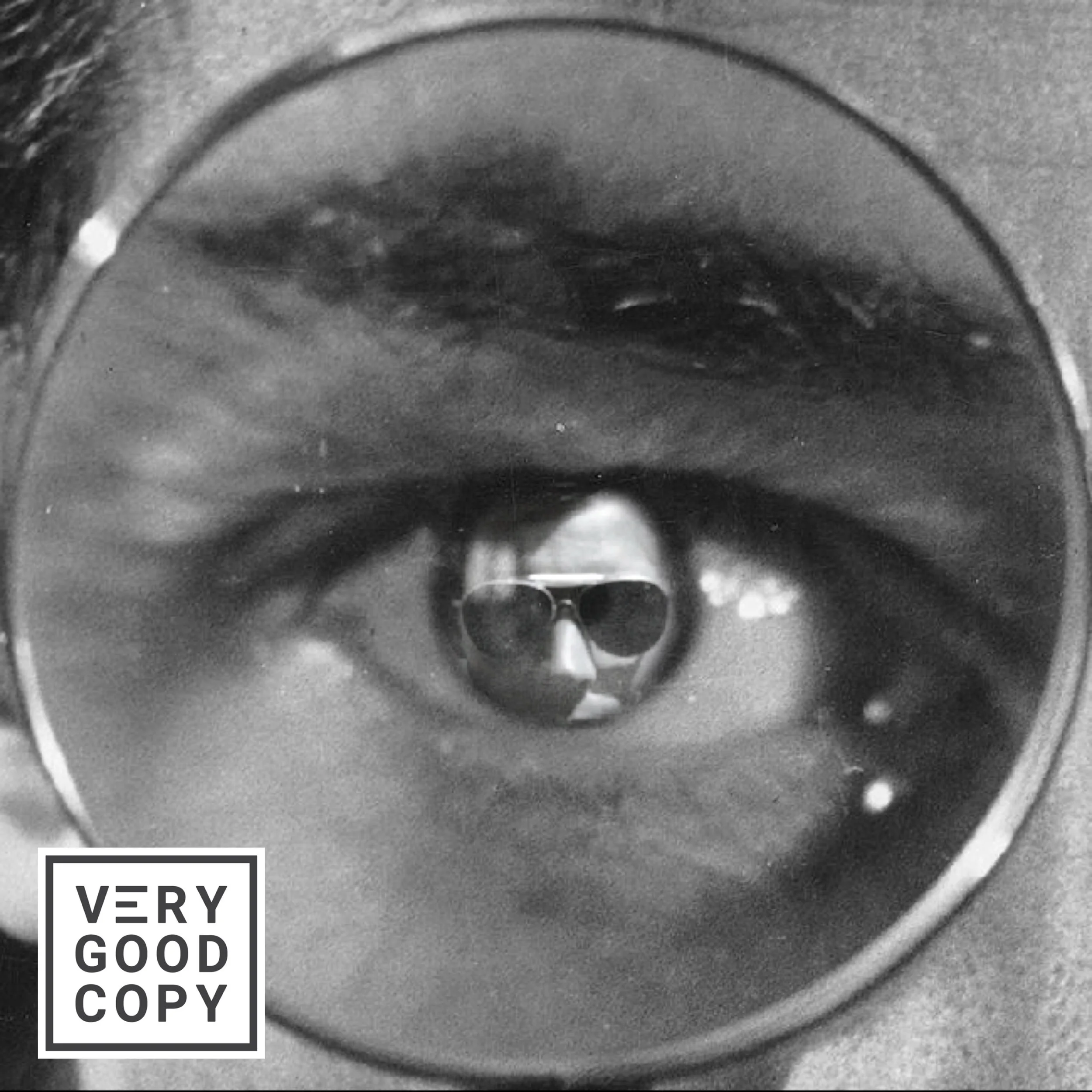


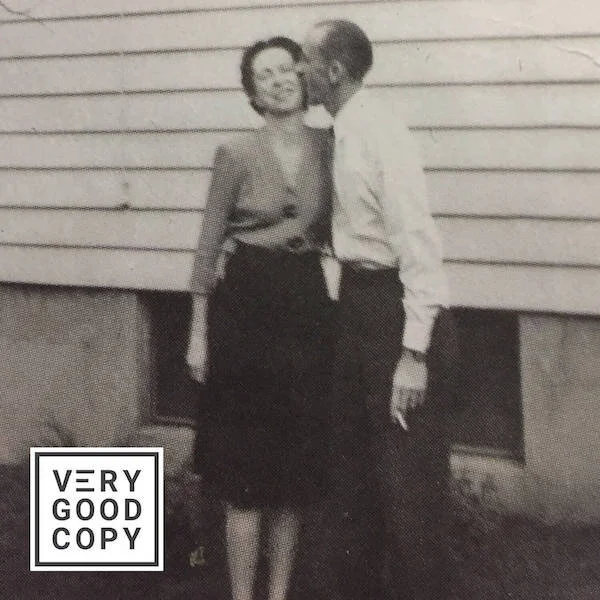
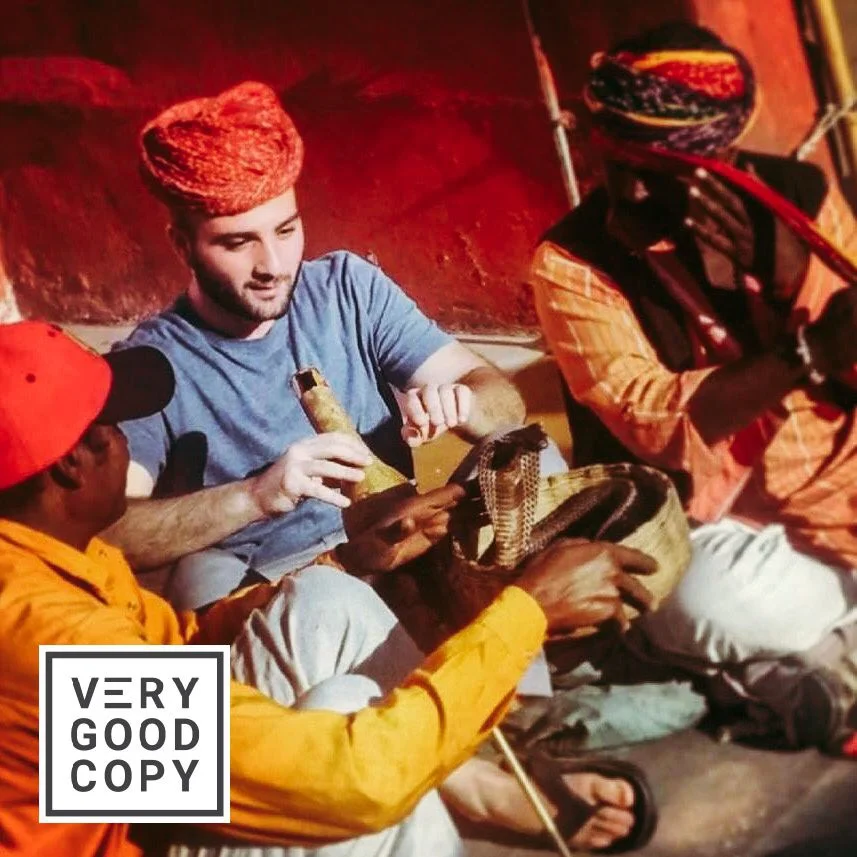
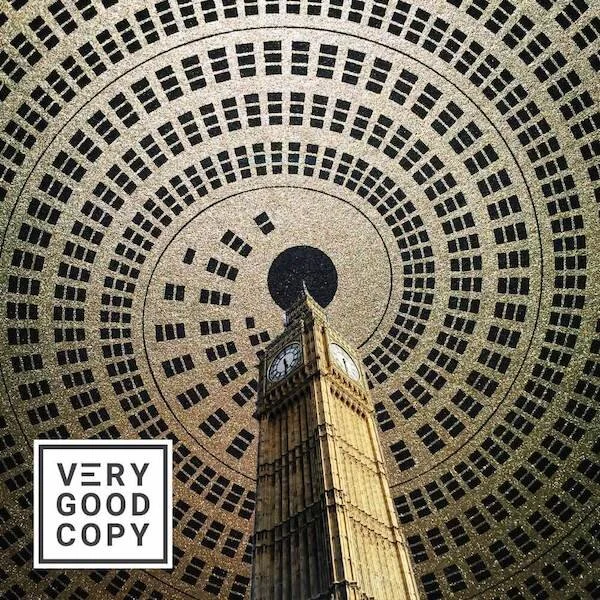

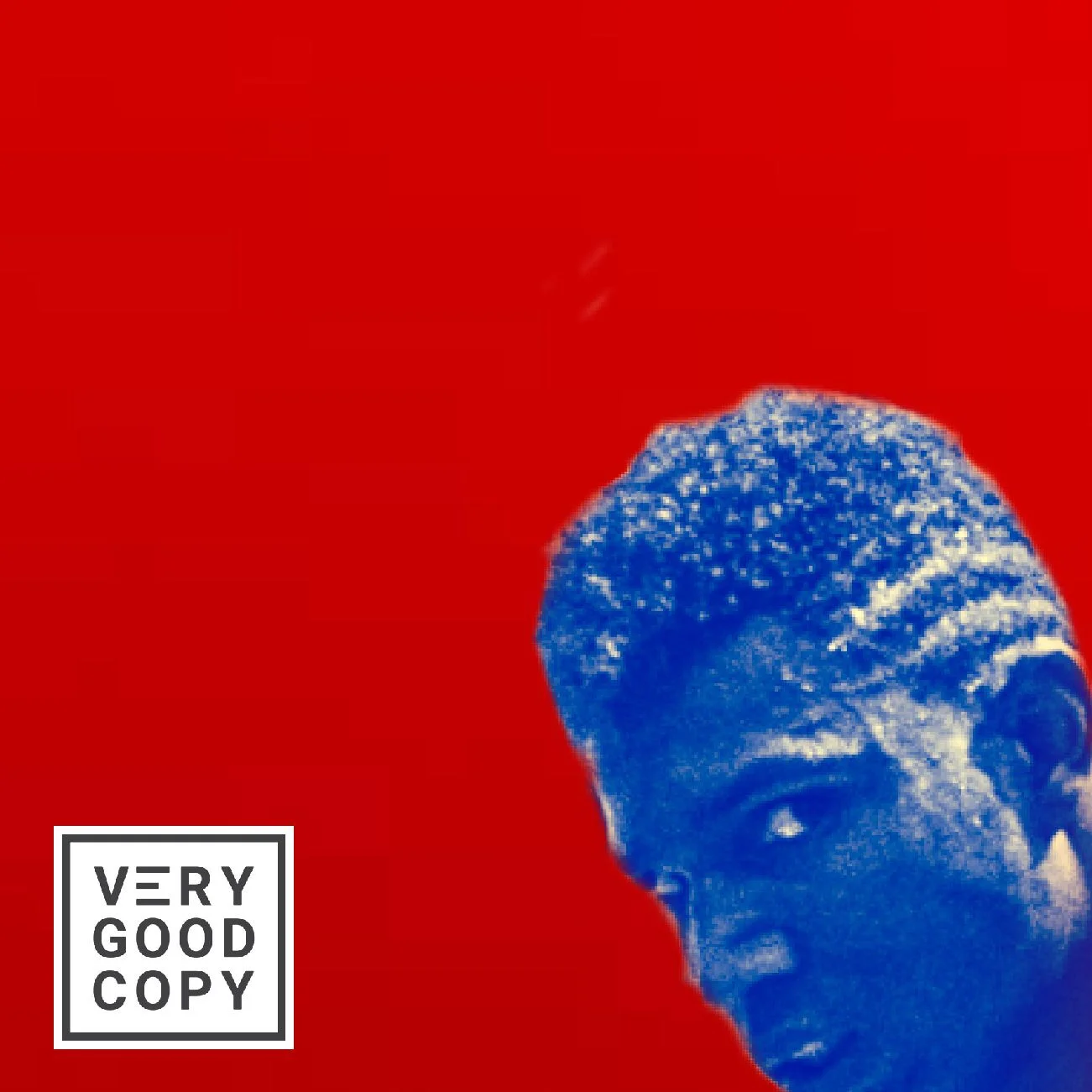












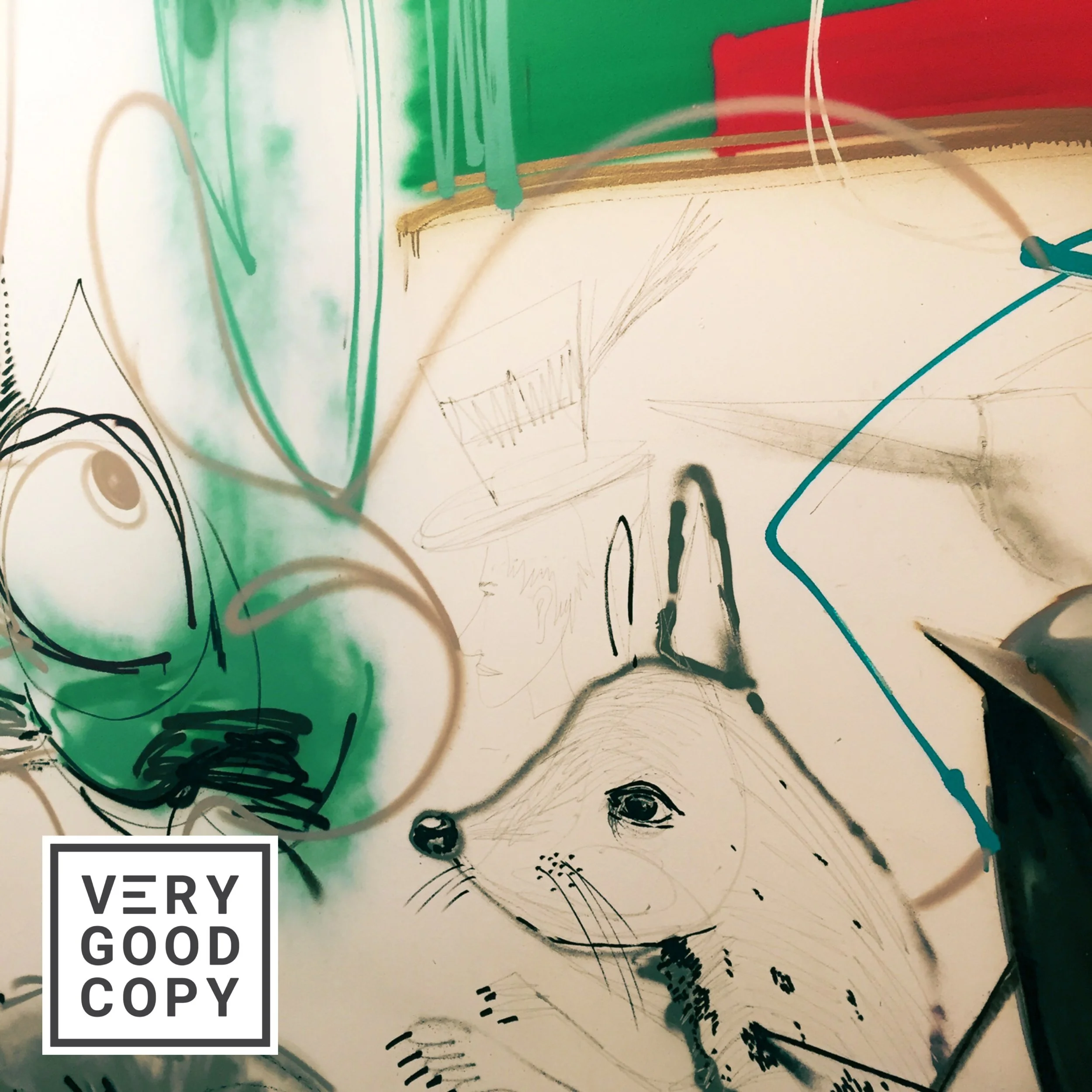
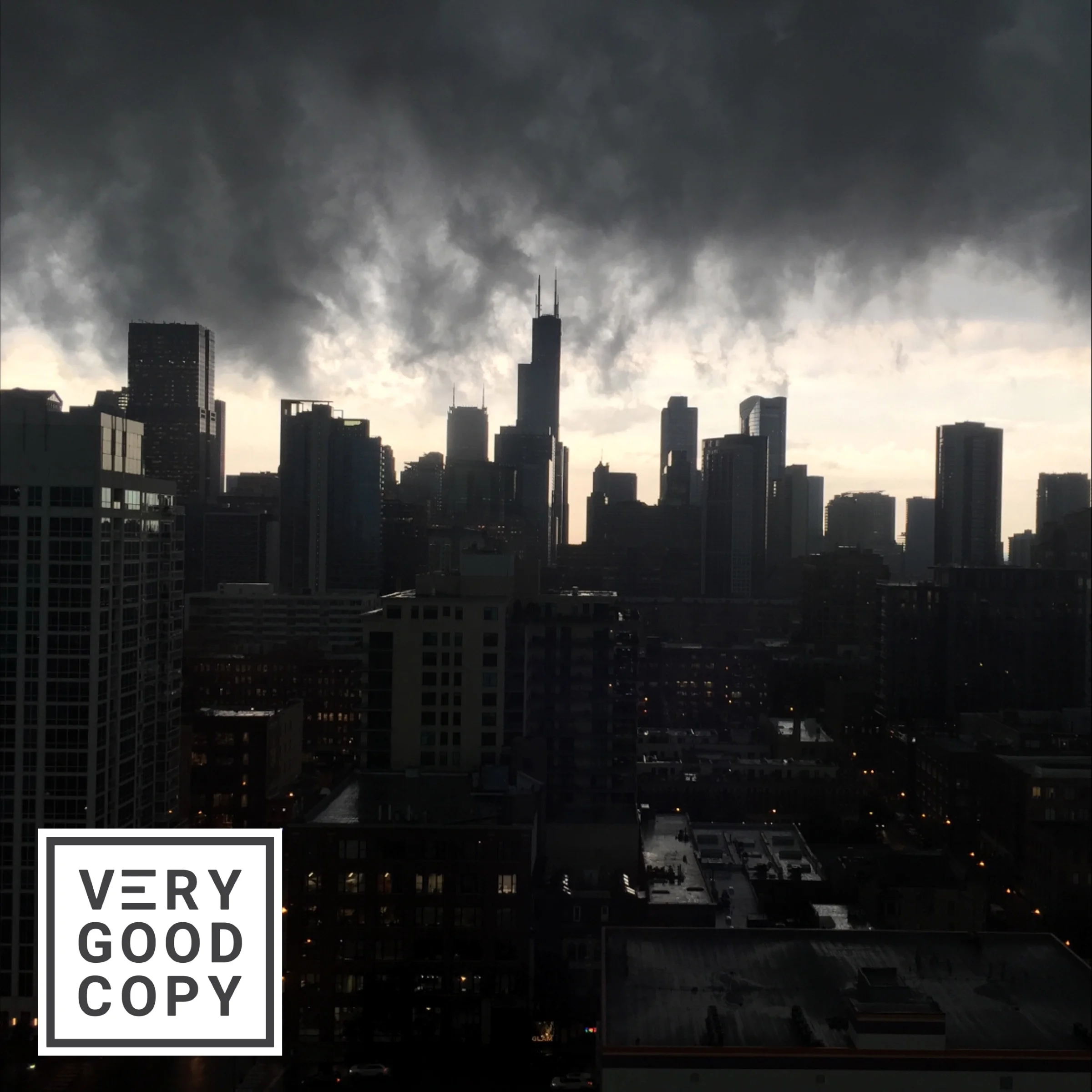












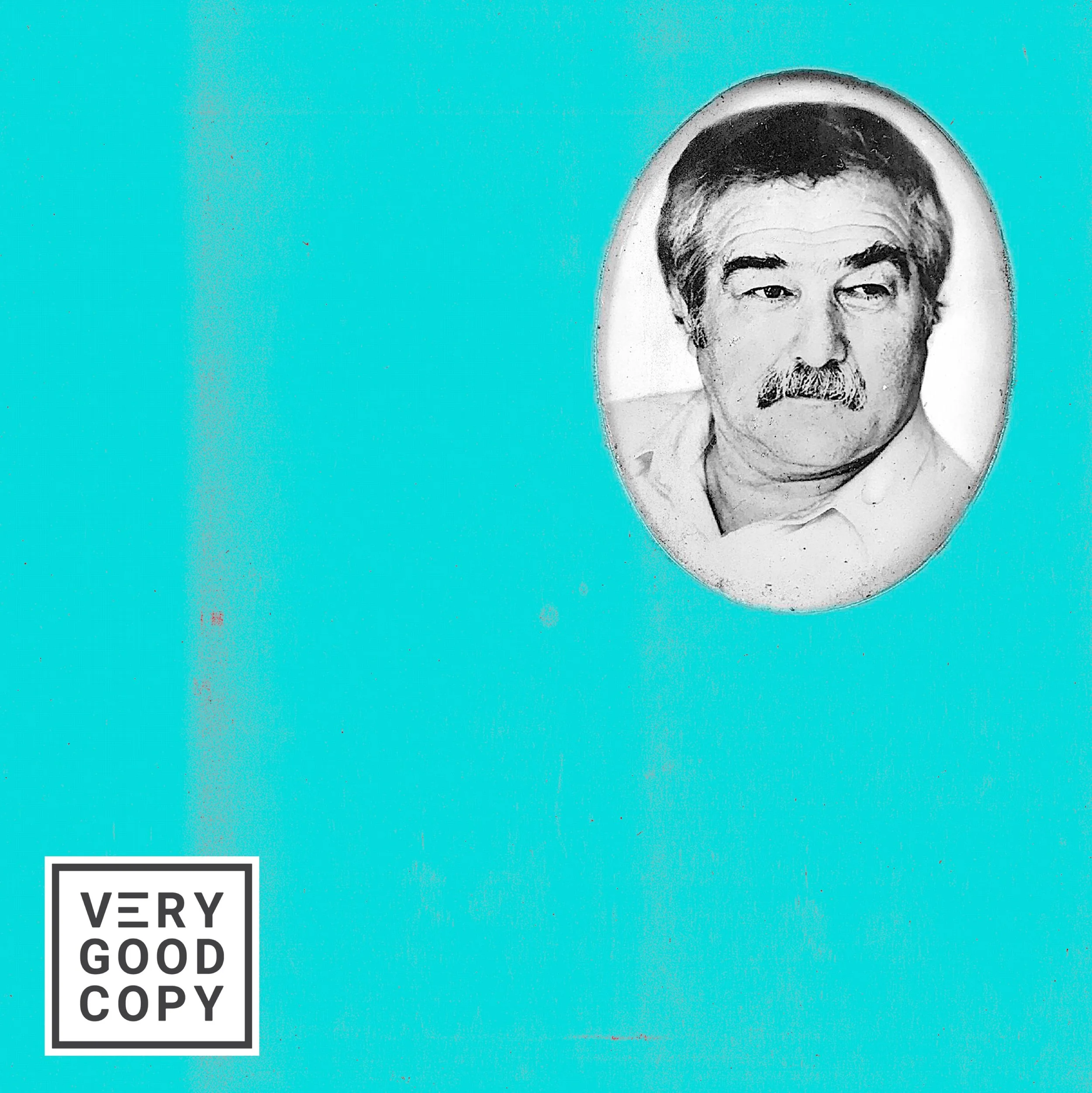



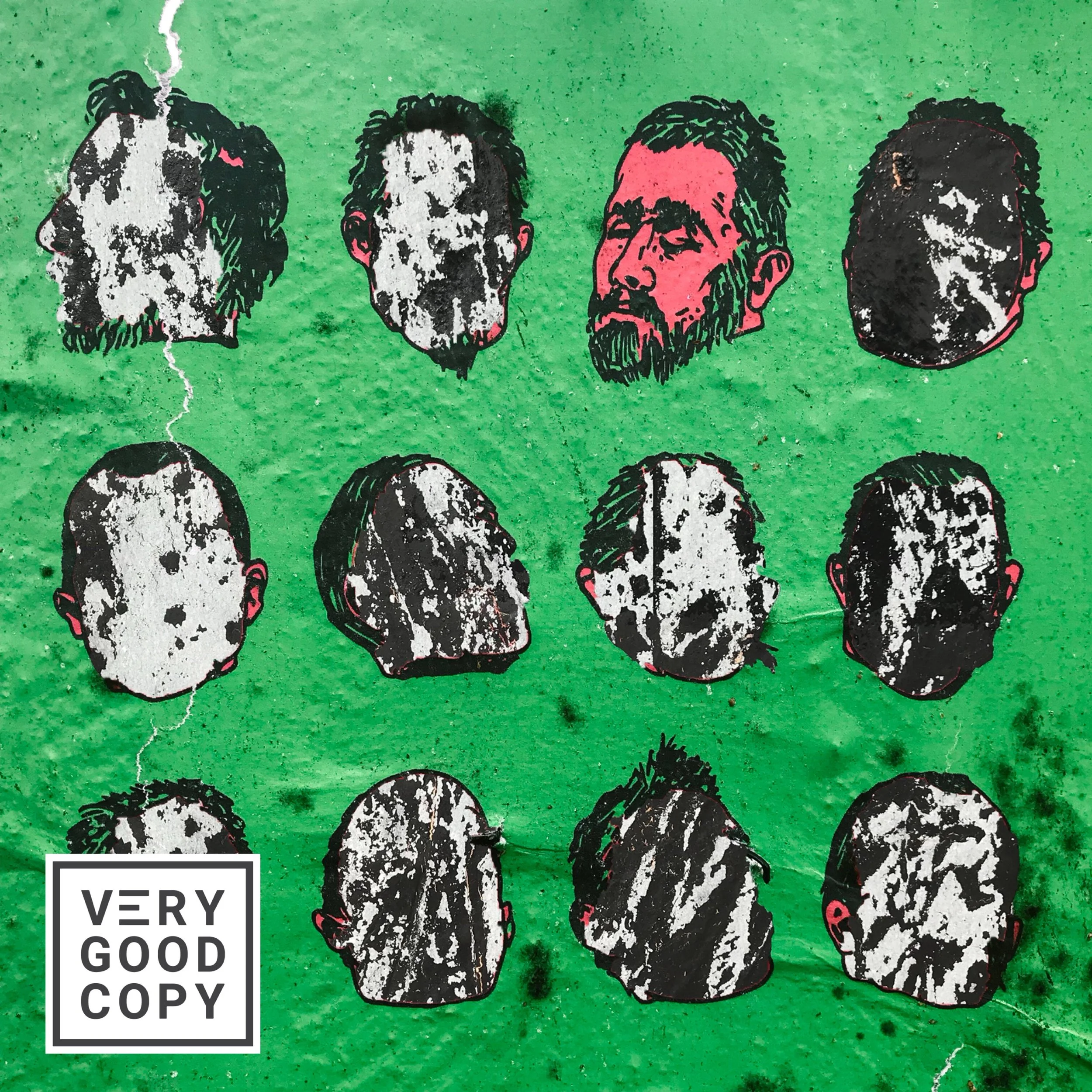

![How copywriters put prospects in the buying mood [quick trick]](https://images.squarespace-cdn.com/content/v1/5615edeae4b0b9df5c3d6e90/1533095575515-C2JPAZA3C46IBX00EMM8/Put+prospects+in+the+buying+mood+%5BVGC+art%5D.JPG)



